Acting to protect marine ecosystems
Innovation to understand and protect corals
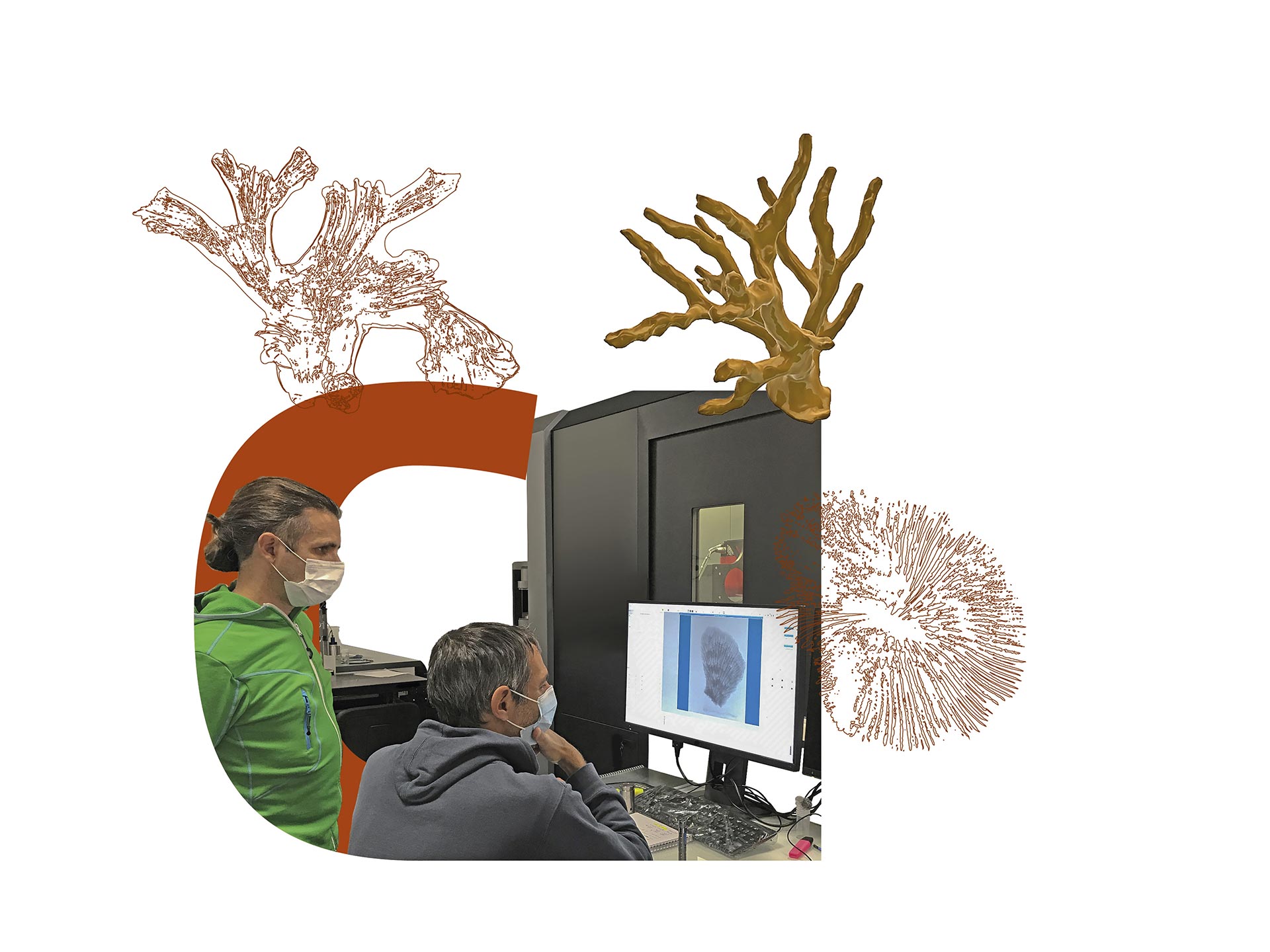
Threatened marine ecosystems
Overexploited and endangered by global warming, populations of red coral in the Mediterranean and the Atlantic remain a critical point of ecological interest, particularly thanks to their ability to create underwater forests, which are genuine ecosystems for the protection of other species. The very slow growth and negative evolution of these corals’ life conditions, mostly due to global warming and human activity, condemns them to mass mortality in the medium term. In the meantime, a reduction of colonies and populations’ structures leads to fear a significant demographic decline in the short term, and the extinction of corals in the Mediterranean area in the medium term as well.
La Fondation Dassault Systèmes supports several projects aimed at facilitating the ecological restoration of the sea floor. In addition to providing financial support, it acts as a catalyst, enabling these projects to increase their chances of success by bringing together the skills of organizations that support them. Here is an example.
Acting with a 3D library to raise awareness and understanding
With the aim of identifying and understanding corals in a more thorough way, the LAAS (CNRS’ Laboratory for the Analysis and Architecture of Systems) is working on a digital library of coral structures: Corallum Fabrica. Obtained with X-ray tomography, this database gathers the three-dimensional information related to mineral skeletons of several different species.
This approach is noteworthy in two ways. The first way is about the database’s range width, which is composed of samples, gathered amongst the collections of research laboratories, museums and expeditions. The second one is the three-dimensional nature of this database, which allows showing all the subtleties and finesse of coral structures.
Thus, this unique library makes it also possible to develop an educational approach that promotes and highlights biodiversity and coral biology. The 3D printed digital models can be presented and manipulated in thematic exhibitions or interdisciplinary study workshops, and therefore illustrate the unnoticed usefulness of corals for other marine species, and the actual threats they are facing.
Preservation with coral nurseries
Thanks to La Fondation Dassault Systèmes, the CNRS-LAAS research lab connected with the Institut Polytechnique UniLaSalle and its GeoLab to join forces on the 3D Coral project. The common focus is to deal with coral populations’ preservation, through the analysis and 3D simulation of coral larvae behaviors within underwater “nurseries”.
These coral nurseries are thought and meant to ease both larvae’s circulation and settlement. They also facilitate their attachment to a substrate material and the appearance of coral polyps, which will constitute future colonies. Cubic structures made of concrete and tiles allow an optimized female-male ratio targeting increased fertilization, while they secure a maximum larvae retention rate.
As part of a new training course in 3D digital tools for its Master's students, the Institut Polytechnique UniLaSalle selected this coral nursery project as a study subject. In that context, 3D simulations in fluid dynamics are being carried out to assess why and whether larvae are likely to stay or leave the nursery, with the purpose of re-establishing a needed population of coral structures, and ultimately to preserve an ecosystem that is crucial for underwater life.
CNRS-LAAS will then be able to use these simulations’ results to tune the coral nurseries’ design, and thus ensure their ability to shelter and restore corals in areas damaged by human activity or global warming.
The 2030 Agenda for Sustainable Development
Adopted by all United Nations member states, the 2030 Agenda for Sustainable Development provides a shared blueprint for peace and prosperity for people and the planet, now and into the future. At its heart are the 17 Sustainable Development Goals (SDGs), which are an urgent call for action by all countries - developed and developing - in a global partnership. La Fondation Dassault Systèmes supports CNRS-LAAS and UniLaSalle with the 3D Coral project, meeting four of these goals: Quality education, Climate action, Life below water, and Partnerships for the goals.
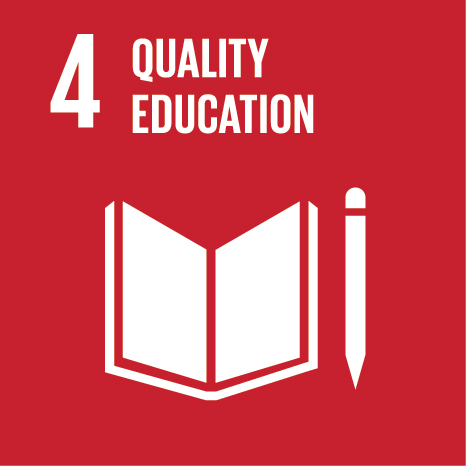
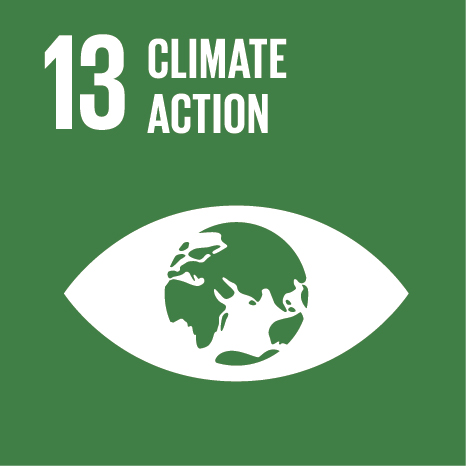
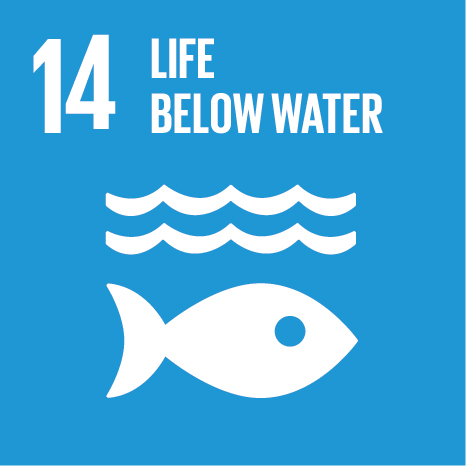
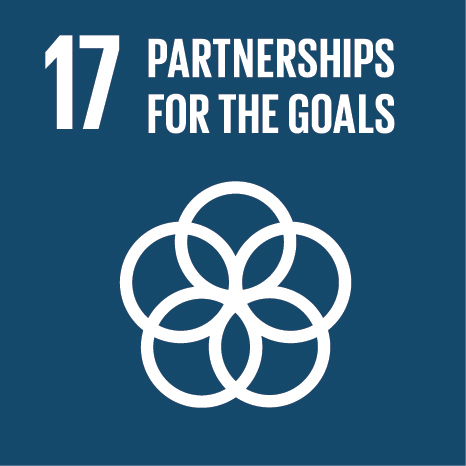
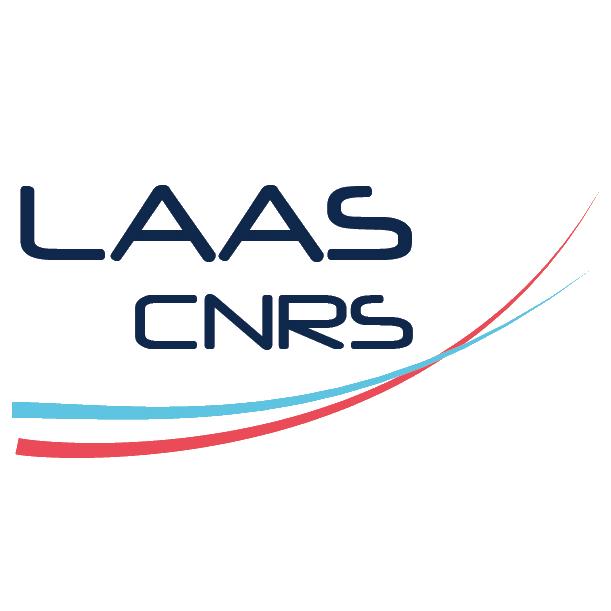
About our partners
The LAAS-CNRS, or CNRS’ Laboratory for the Analysis and Architecture of the Systems, coordinates interdisciplinary research in the fields of data processing, robotics, automation, and micro and nano systems. It aims at working on various system types: micro and nano systems, embedded systems, large-scale distributed systems, biological systems, mobile systems, autonomous systems and critical infrastructures. These fields apply to aeronautics, spatial, transportation, energies, services, health, telecommunications, environment sustainability, production and defense.
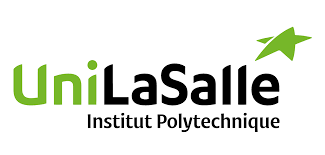
The Institut Polytechnique UniLaSalle provides, manages and develops higher education courses, research programs, as well as initial, continuing and sandwich training courses. It has multiple missions: to ensure high quality training, contribute to the emergence and dissemination of new types of knowledge, meet the needs of the industry, foster local development, and to strengthen its influence even at a European level. Integrated into this school, the GeoLab is an innovation center meant to make technological and digital tools available for UniLaSalle students, in order to develop pedagogical or research projects in the domain of geosciences.